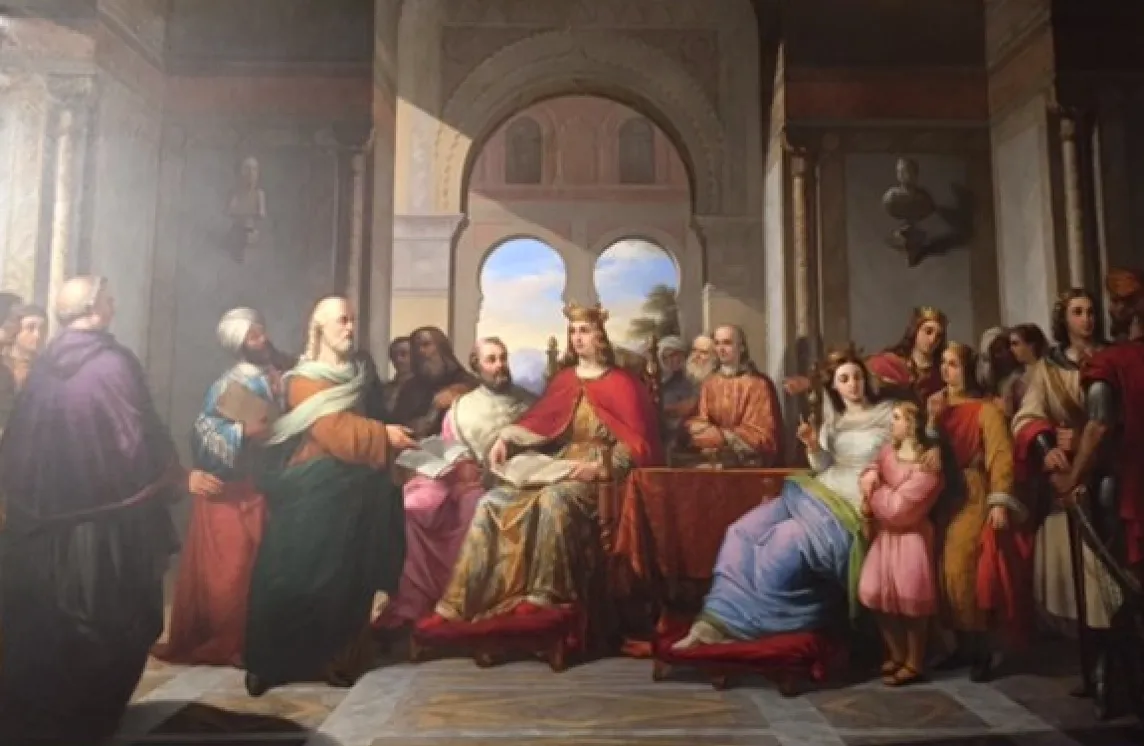Reviewed by Joanny Moulin
Michael Benton.
Towards a Poetics of Literary Biography.
Palgrave Macmillan, 2015.
192 pages. 67,20€.
ISBN-10: 1137549572. ISBN-13: 978-1137549570.
E-book ASIN: B015YB0HQQ.

In Towards a Poetics of Literary Biography Michael Benton, Emeritus
Professor of Education at the University of Southampton (UK), elaborates on the themes of his earlier Literary Biography: An Introduction (Wiley Blackwell, 2009), of which a new edition comes out at the same time. Whereas in the previous monograph the theoretical discourse was chiefly summed up in the introduction, whereupon there followed a sequence of case studies grouped in twelve chapters, in Towards a Poetics of Literary Biography the theoretical remarks and the illustrative examples are blended together, in an amply documented analytical survey of remarkable twentieth-century British biographies, with some excursions into the nineteenth century, especially to illustrate the notion of “comparative biography”, defined by Richard Holmes as examining “the handling of one subject by a number of different biographers, and over different historical periods”. In both his books on literary biography — i. e. biographies of writers, and not what he calls “aesthetic” biography as opposed to “documentary” or “efferent” biography (the terms are borrowed from L. Rosenblatt’s 1978 essay The Reader, The Text, The Poem: The Transactional Theory of the Literary Work)—, Benton’s chief postulate is that biography is characterized by “a generic dualism”, or in other words that biography is a hybrid of historiography and fiction, “grafting together the literary and the historical”. What Benton used to call the “twofoldness” of biography is now supplemented by the new concept of “bifocalism”: a term which “reflects the truism that, when looking at the past through the lens of the present, the process of recreating the ‘lives and times’ of the subject contains both the ‘now’ and the ‘then’, a paradox caught in the idea of the ‘contemporary’. For the biographer is engaged in a double act — in reinterpreting the life in order to represent it for a contemporary readership and, at the same time, trying to capture a portrait of the subject in period context, as a figure of the time as might have been seen by his or her contemporaries”. In an effort to examine the adaptability to biography of Genette’s conceptual tools of “histoire” (“story”) and “récit” (“text”) in Narrative Discourse, Benton concludes that “the biographer is more constrained than the novelist in handling time, in terms of order, duration and pace of narration, because “the given pattern of the life remains inscribed in the biography and cannot be changed without distorting the story”. This postulate of “the given pattern of the life” is likely to raise some eyebrows, as well as some other assertions, as for instance that “narration in biography is done by the actual writer — there being no fictional narrator, either dramatized or covert”, or that “biography seems uninterested in questioning the principles of composition upon which it is based”. However, Benton’s new book opens very interesting directions for research in biography theory, especially insofar as it points out the importance of the reception of biography. For instance, reflecting on Hayden White’s theses, Benton asks: “how far are structural models from literature responsible for the interpretations we make in biography?” His most thought-provoking considerations appear in the last chapter, “Framing a Poetics of Literary Biography”, where he sums up the theoretical contents of his books, and further elaborates upon the “narrative strategies” of biographers. Precisely because of its characteristic “tension between literary rhetoric and historical method”, Benton says as he draws to his conclusion, biography is “a literary genre that offers subtle and sophisticated reading lessons”. On the whole, Michael Benton’s Towards a Poetics of Literary Biography is interesting primarily because it brilliantly tackles the texts of many noteworthy biographers, doing them the rare, but highly deserved favour to analyse their writings as literary texts, thus contributing to giving biography as a genre some lettres de noblesse. From the theoretical point of view, although Benton’s book unassumingly limits its scope to “literary biography”, it holds in store several seminal insights toward a general theory of biography.
Joanny Moulin
Aix-Marseille University
